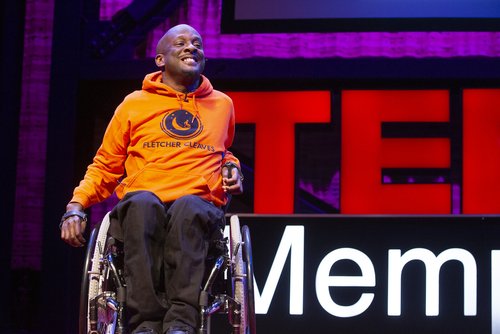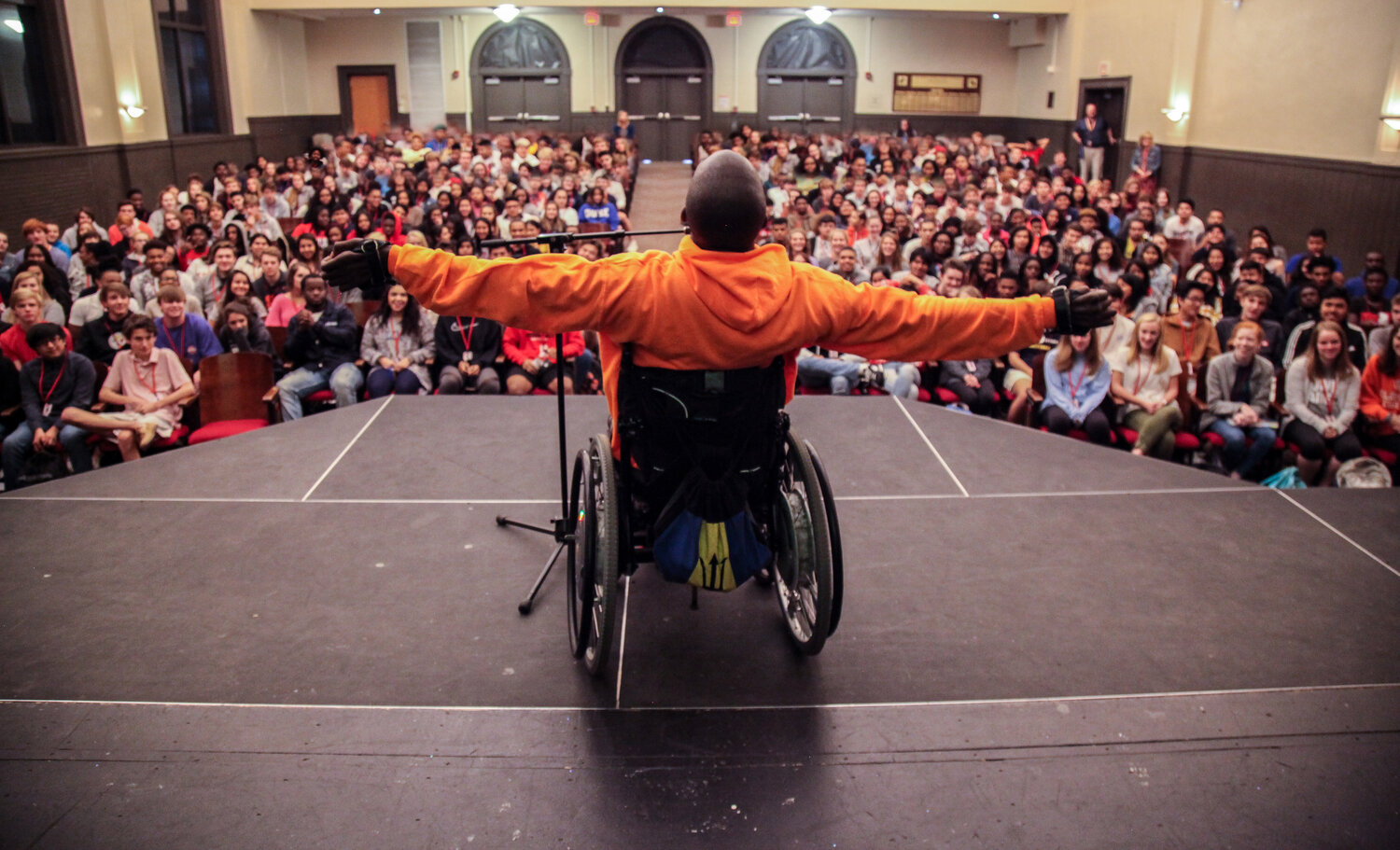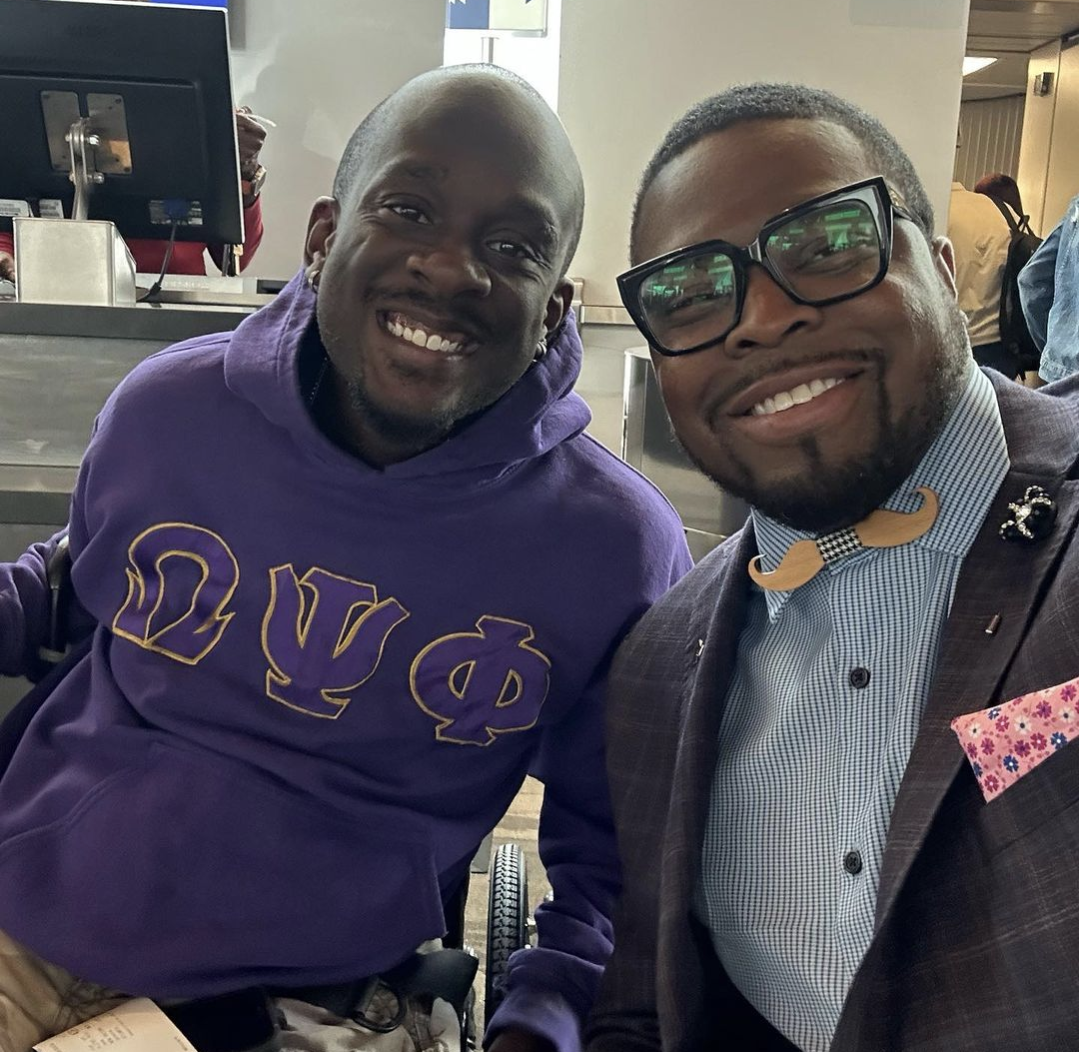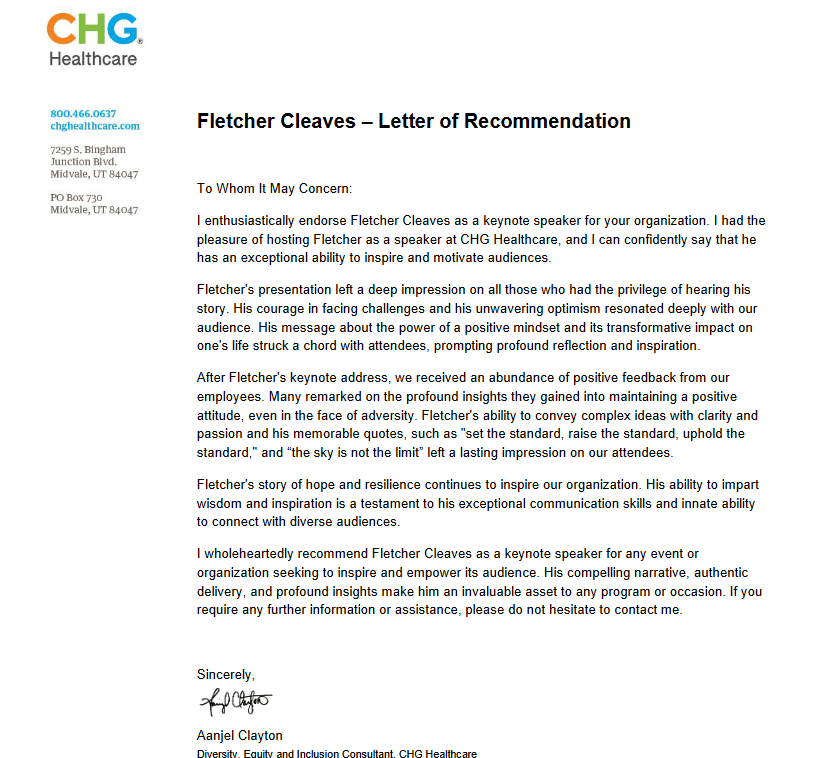PRESENTATION: The Sky Is NOT the Limit: Overcoming Adversity
Adversity is something we all will be faced with in life sooner or later. Whether it’s family, school, work, or personal, crappy stuff happens to everyone. However, it’s not what happens to you that defines you, it’s how you respond to it! Adversity does not say, "I will be back later". There is no perfect time, but understand it’s up to you to make time to start living your life today! The Sky is NOT the Limit. There are no limits.
Learning objectives:
1. Define and Recognize Adversity: Students will be able to define adversity and recognize its various forms and common sources in personal, academic, and professional life.
2. Understand Resilience: Learners will understand the concept of resilience, including its components and importance in overcoming adversity.
3. Identify Personal Adversities and Strengths: Students will reflect on and identify their own adversities and assess their current coping strategies, understanding their unique strengths and areas for growth.
4. Adopt a Growth Mindset: Participants will learn about the growth mindset and how adopting it can transform challenges into opportunities for personal and academic growth.
5. Develop Problem-Solving Skills: Students will gain strategies for proactive problem-solving and decision-making to effectively address and overcome adversities.
6. Cultivate Emotional Intelligence: Learners will understand the role of emotional intelligence in managing emotional responses to adversity and in fostering resilience.
7. Set Realistic Goals and Take Action: Students will learn how to set achievable goals and the importance of taking consistent action towards overcoming obstacles and reaching their aspirations.
8. Access and Utilize Support Systems: Participants will identify and learn how to access various support systems, including peers, mentors, and professional services, understanding the importance of seeking help when needed.
9. Inspire Through Stories of Resilience: Through stories and case studies, students will be inspired by others who have overcome adversity, understanding that resilience can be developed and success is possible despite challenges.
10. Commit to a Resilient Lifestyle: Students will be encouraged to commit to behaviors and thought patterns that promote a resilient lifestyle, including continuous learning, self-care, and maintaining a positive outlook.





